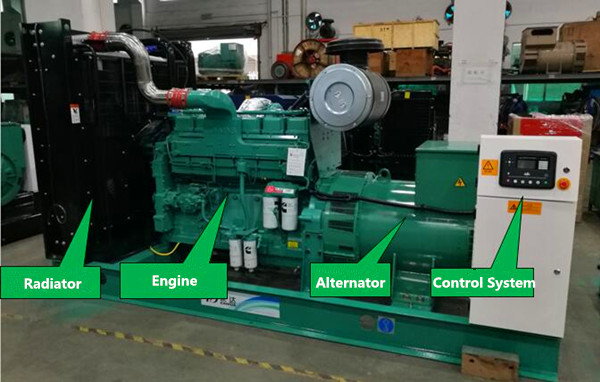
Generators are a great way to provide power when the lights go out. But unfortunately, they can also be very expensive to repair. Generator issues can be frustrating, but they don’t have to ruin your day. Here are some common issues and how to fix generators them yourself:
First things first: Make sure you have enough fuel to run the generator for at least four hours — and that it’s the right kind of fuel for your model (gasoline, propane or natural gas). If you’re using gasoline, make sure it’s high-octane fuel (usually recommended for larger generators). If you’re using propane or natural gas, make sure there’s enough stored in the tank. The amount of fuel varies depending on the size of your generator and how long it needs to run; check your owner’s manual for details.
Stuck starter cord. This problem occurs when the pull cord won’t retract all the way into the housing. It’s an easy fix that requires you to pull out the starter cord until there’s no resistance, then push it back into the housing until it clicks into place. Make sure nothing’s caught between the two parts of your starter cord before doing this procedure.
Fuel-related problems are common among generators because they use gasoline or diesel fuel as their fuel source. When these engines aren’t properly maintained or fueled with stale or contaminated fuel, they can experience issues like low compression or misfiring which lead to poor performance or even damage if left untreated. You should always use fresh fuel when operating your generator and change it regularly according to manufacturer recommendations (usually once per hour of operation).
Noisy generators can be caused by any number of things. If your generator makes a gurgling or humming sound, the problem may be the fuel system. If you’re using non-ethanol fuel in an ethanol-blended gasoline container, this could cause problems with your carburetor. Other causes of noisy generators include loose belts or misaligned pulleys.
If your generator isn’t starting, there are several things you can try before calling for professional help. Make sure that the battery is charged and that it’s receiving power from the outlet in your home’s electrical box (if applicable). Check the air filter and make sure it’s clean; if it’s clogged, replace it with a new one. Also check that the engine oil level is adequate and hasn’t been contaminated by water or dirt entering through a leaky fuel line or tank cap seal.









